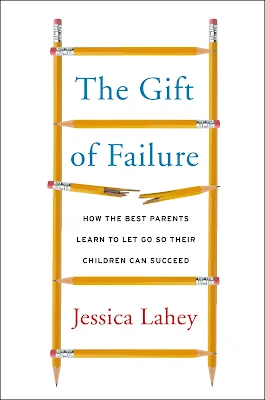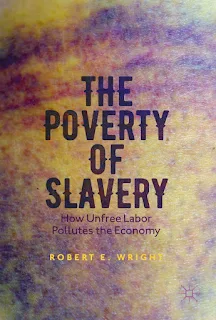Why Big Adventure Doesn’t Need To Cost A Small Fortune
Jon Levy's book The 2 am Principle: Discover the Science of Adventure refers to his idea that nothing exciting happens until two o’clock in the morning. While you may or may not agree with that supposition, there is something to his idea of doing things differently than you have before.
Still, now is the time to rekindle the hope that you can find what you want.
First, you stop looking in the usual places. Dream jobs don't get advertised, normally.
So what should you do? Where should you look for that ideal role?
Try the mirror.
That’s the way one college professor in Britain sees it. She wrote a book about how graduates created their own ideal roles. Don’t Get a Job…Make a Job: How to make it as a creative graduate, by Gem Barton.
Nobody truly conforms to the average. More precisely, if you averaged out everyone’s vital statistics, no one would fit into the resulting averages, according to the plethora of examples cited in Todd Rose’s book The End of Average: How We Succeed In A World That Values Sameness.
Rose could not be said to be average. He dropped out of high school before becoming the director of the Mind, Brain, and Education program at Harvard’s Graduate School of Education.
----
Jessica Lahey’s book, “The Gift of Failure: How the Best Parents Learn to Let Go So Their Children Can Succeed,” addresses the issue of overprotective parenting and how sometimes it’s just a better gift to let kids learn through trial and error. Please put lots of emphasis on the error!
-----------------------------------------------
Decades ago a fearless woman managed to change Wall Street forever. Her name was Wilma Soss, and she spoke truth to powerful men running massive public companies. What was clear from reading "Fearless: Wilma Soss and America's Forgotten Investor Movement" by Janice Traflet and Robert Wright, is that she was a force to be reckoned with and we should be grateful to her. She got large corporations to listen to the concerns of individual investors. Those high-rolling CEOs didn't like it, but she didn't stop.
----------------------------------------------------In his book Retail Gangster: The INSANE, Real-Life Story of Razy Eddie, Gary Weiss deftly tells the story of three mind-bogglingly complicated things at the same time: The history of the Antar clan, the state of New York City in the 1970s and 1980s, and the nature of the epic fraud committed by Crazy Eddie’s CEO, Eddie Antar, and his cronies. Weiss does all that without scrambling your brain. It's a must-read.
---------------------------------------------------Spencer Jakab has produced a book that tackles a complex piece of recent history, and yet makes it understandable and entertaining for those not familiar with the ways of Wall St. “The Revolution that Wasn’t: GameStop, Reddit and the Fleecing of Small Investors,” published February 2022, deals with the period when a group of small investors communicating via Reddit pushed up the value of some stocks of beleaguered companies and inflicted huge losses on seasoned Wall Street pros, who in turn got hit with massive losses. This story screams “David versus Goliath,” only not in the holy land thousands of years ago, but rather on Wall Street recently and with a twist.
---------------------------------------------------
How good or bad is the so-called gig economy compared to holding a permanent staff role? It all depends on who you ask. Sarah Kessler, author of Gigged: The End of the Job and the Future of Work, spoke with more than a few people about the matter and discusses it at length.
The chances are high you'll eventually end up working with people who battle mental illness. How can you learn about it without visiting the psych ward? You could do far worse than read the recently published Walk A Mile: Tales of a Wandering Loon by Chris Young. It's the story of a working man who battles his illness and mostly wins.
-------------------------------------------

































